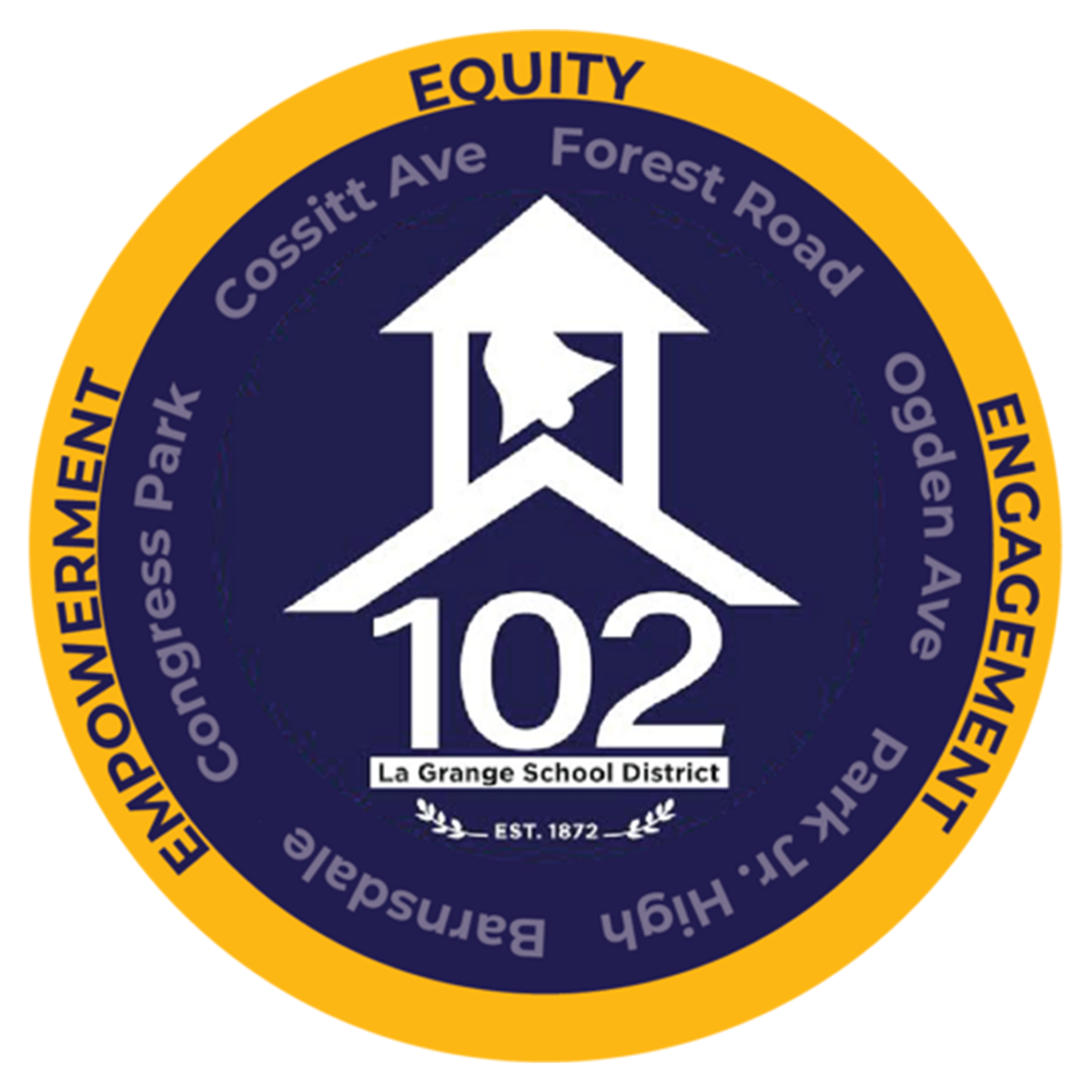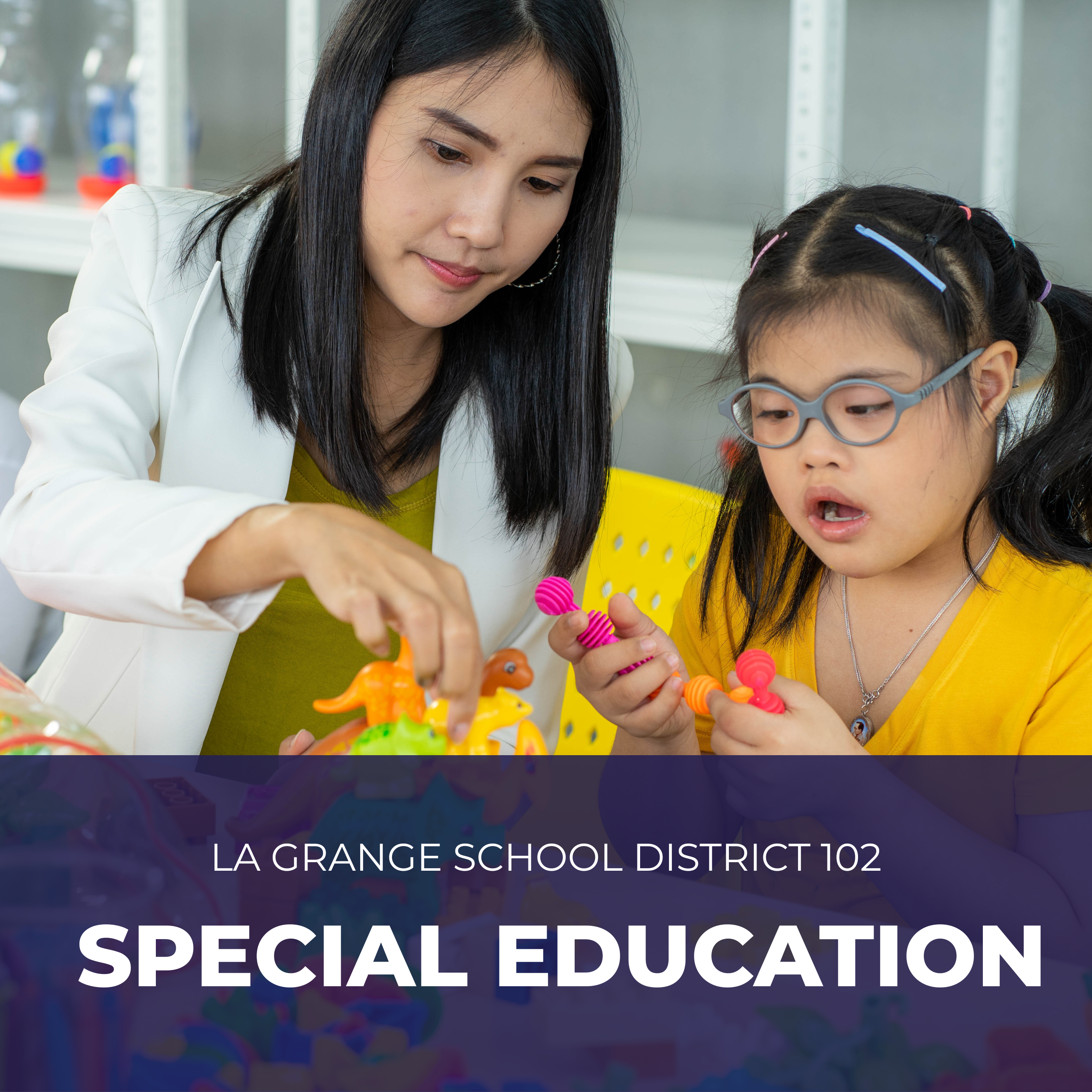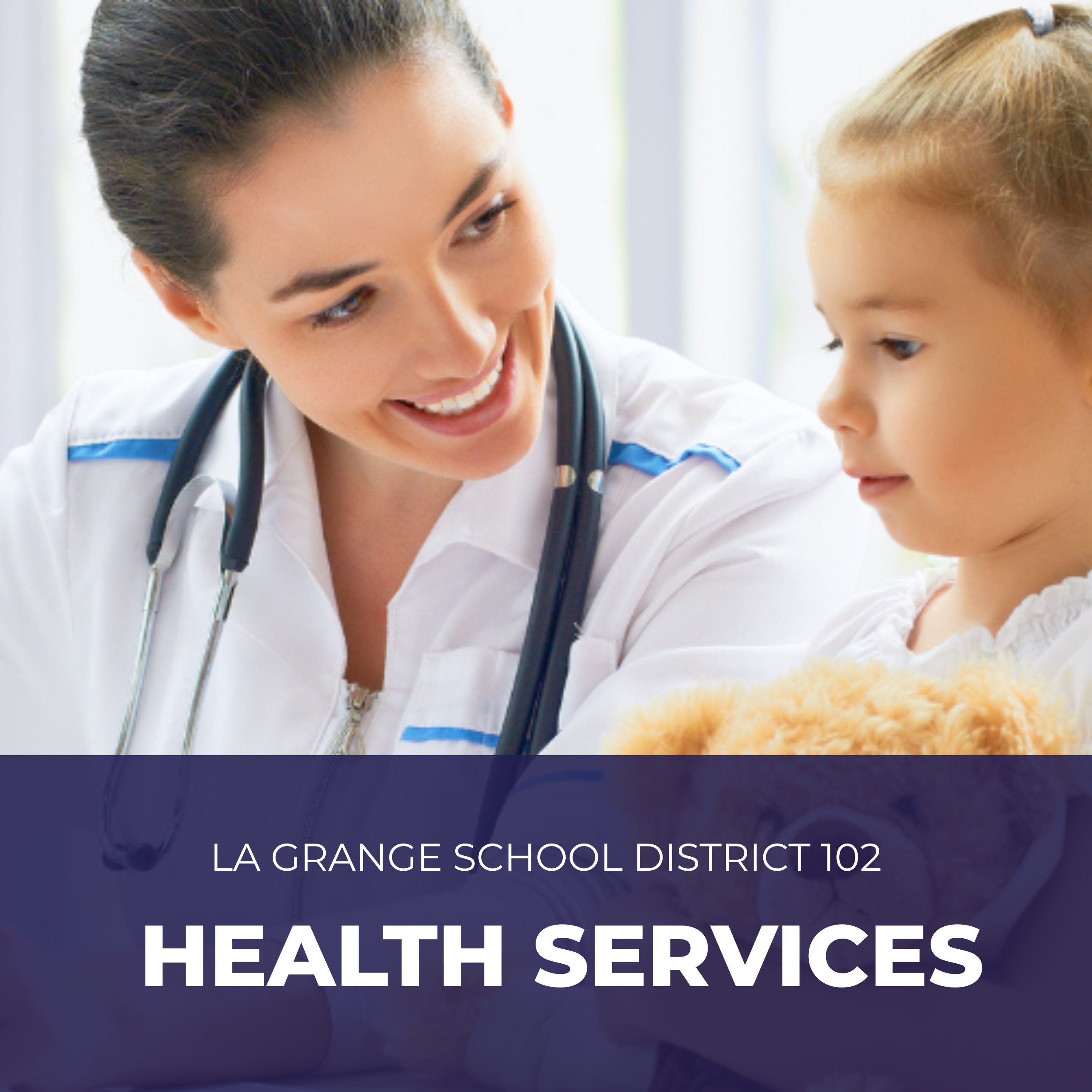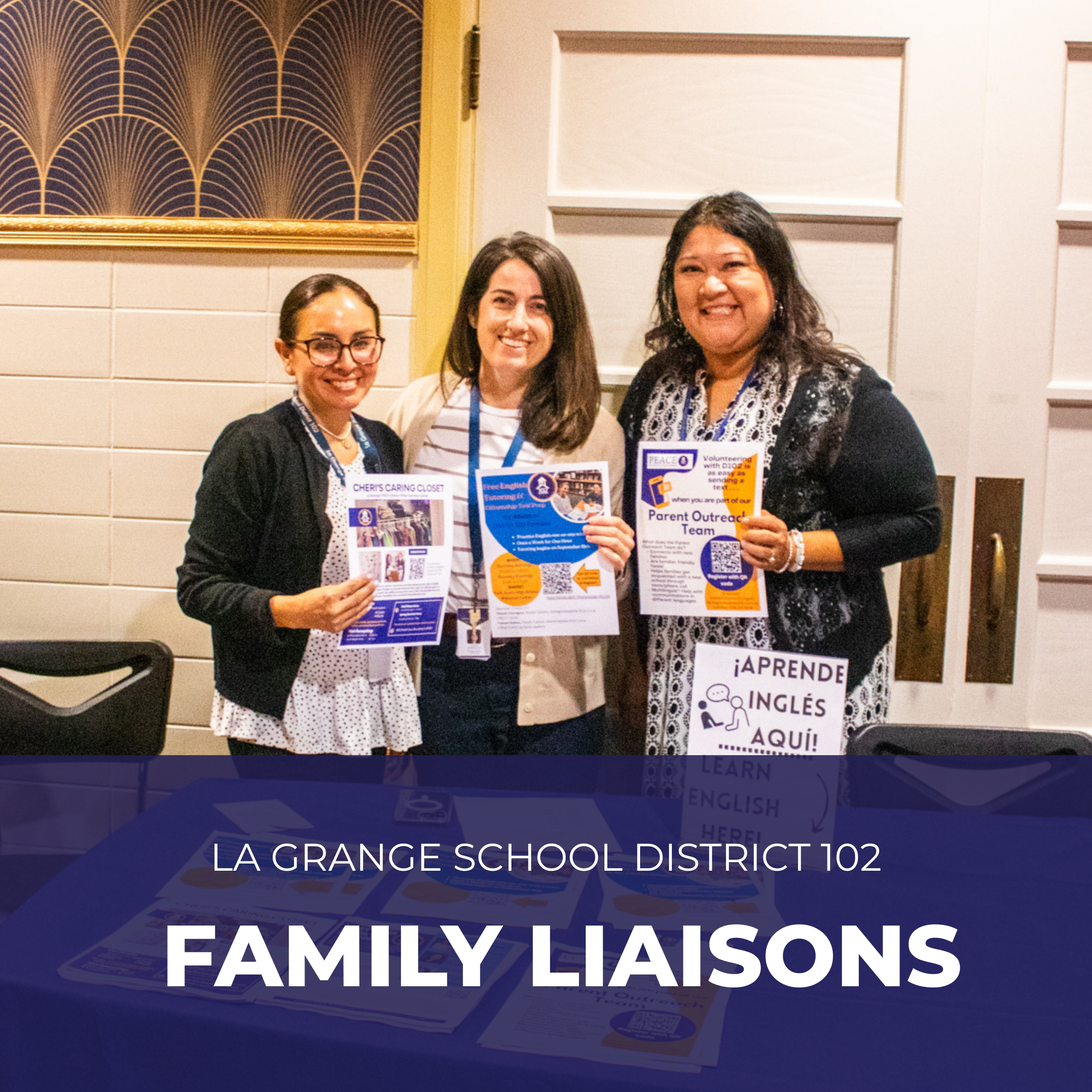Student Services Team
Leadership
Traci Milledge
Afina S. Lockhart, Ed.D.
Students Experiencing Homelessness
The McKinney-Vento Homeless Education Assistance Act ensures the educational rights and protections of homeless children and youth so that they may enroll in school, attend regularly, and be successful. The Act requires a local homeless education liaison in every school district to assist children and unaccompanied youth in their efforts to attend school. This act guarantees homeless children and youth the following:
The right to immediate enrollment in school, even if lacking paperwork normally required for enrollment.
The right to attend school in the school of origin (if this is requested by the parent and is feasible) or in the school in the attendance area where the family or youth is currently residing.
The right to receive transportation to his/her school of origin, if this is requested by the parent.
The right to services comparable to those received by housed schoolmates, including transportation, supplemental educational services, and meal programs.
The right to attend school along with children not experiencing homelessness. Segregation based on a student’s status as homeless is strictly prohibited.
The posting of homeless students’ rights in all schools and other places around the community.
It is the goal of LaGrange School District 102 to create public awareness of the rights of homeless children and youth and to ensure compliance with the law at State and local levels.
Homeless children and youth, as defined by the Act are individuals who lack a fixed, regular, and adequate nighttime residence, and includes:
Children and youths who are sharing the housing of other persons due to loss of housing, economic hardship or similar reasons; are living in motels, hotels, trailer parks or camping grounds due to the lack of alternative accommodations; are living in emergency or transitional shelters; are abandoned in hospitals; or are awaiting foster care placement.
Children and youths who have a primary nighttime residence that is a public or private place not designed for, or ordinarily used as, a regular sleeping accommodation for human beings.
Children and youths who are living in cars, parks, public spaces, abandoned buildings, substandard housing, bus/train stations or similar settings.
Migratory children who qualify as homeless for the purposes of this subtitle because the children are living in circumstances described above.
If you have any questions regarding homeless status and provision of educational services, please contact the Homeless Liaison for District 102 at 708-482-2400. The State Coordinator for the Education of Homeless Children and Youth can be reached at homeless@isbe.net.
For additional information, please refer to Board Policy 6:140 Education of Homeless Children.



